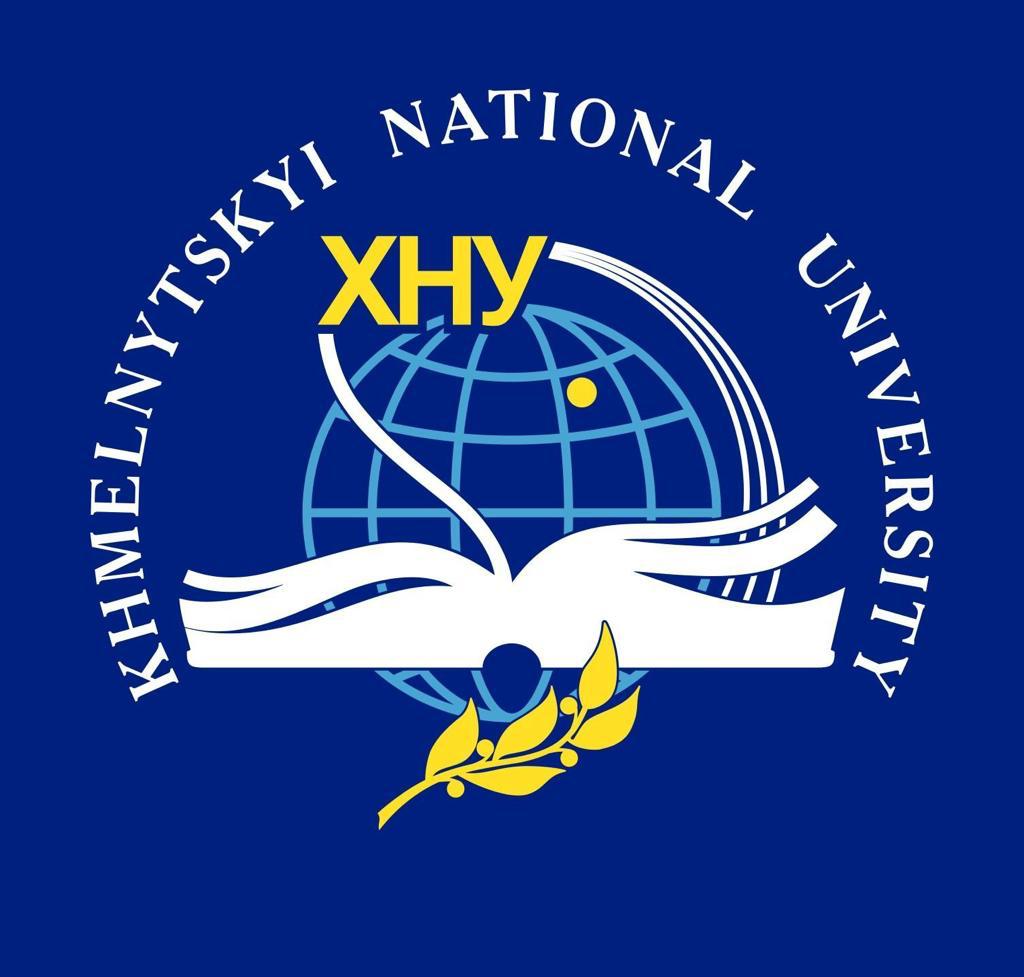FEATURES OF PSYCHOLOGICAL RESISTANCE IN THE PROCESS OF SPORTS TRAINING AND PANKRATION COMPETITIONS
DOI:
https://doi.org/10.31891/pcs.2025.1(1).47Keywords:
pankration, psychological stability, psychological support, training process, competition, training methodologyAbstract
Sports psychology and psychological support helps develop the mentality of a winner, not a victim of the situation, and allows you to concentrate on the main thing, focusing on the development of psychological resilience in athletes. Studies have shown that this helps athletes achieve maximum results and success in their chosen sport. Higher-level coaches can use the same psychological skills to become better.
Psychological support using situational tasks should be used in the training process. In the psychological training programs offered by the coach, athletes learn to maintain optimism in difficult stressful situations, use positive dynamics of self-regulation to increase motivation. Also, athletes use visualization to promote success, control anxiety during performance. Successful sports activities depend not only on physical abilities, but also on the psychological state of the pankration athlete. One of the main aspects that affects the achievement of high results is the formation of the athlete's psychological stability, which allows the athlete to effectively cope with factors that can negatively affect competitive activity, stress, defocusing of attention, etc.
To achieve high results in pankration, athletes need to have not only physical training, but also psychological stability, which will help maintain concentration, control emotions and use them in favor of their victory. It allows the athlete to work at the maximum of their capabilities and achieve high results regardless of external circumstances.
The development of psychological stability in sports requires systematic work of the coach with athletes and the use of special methods that allow the athlete to improve their psychological skills and achieve success in their activities. In the educational and training process, psychological support with the use of situational tasks should be used. In the psychological training programs proposed by the coach, athletes learn to maintain optimism in difficult stressful situations, use positive dynamics of self-regulation to increase motivation. Also, athletes use visualization to promote success, control anxiety during performance.
In the process of psychological support of the coach with the athlete during intensive and integrated training and in particular during competitions, the psychological impact on the emotional state of the athlete allows achieving greater stability and calm in situations that can cause stress. Psychological training, regarding the control of emotions, helps the athlete to focus on the task and avoid the influence of negative emotions on his activity.
References
Nakonechny I. Yu. Overcoming intrapersonal conflict in highly qualified athletes in martial arts /I. Yu. Nakonechny // Young Scientist. – 2018. – No. 3(55). – P. 131–136.
Nakonechny I. The relationship between special physical and technical-tactical training of highly qualified athletes in pankration /Ihor Nakonechny // Bulletin of the Precarpathian University. Series: Physical Culture. – 2019. – Issue 33. – P. 62–67.
Nakonechny I. Yu. Psychophysical regulation in the educational and training process in pankration of boys aged 12-13 years // Young Sports Science of Ukraine: Collection of scientific works in the field of physical culture and sports. Issue 12: In 4 vols. – Lviv: NVF “Ukrainian Technologies”, 2008. – Vol. 4. – P. 222-226.
Perederiy A. Analysis of the competitive activity of highly qualified judokas with visual impairments /Alina Perederiy, Serhiy Drebot // Young sports science of Ukraine: collection of scientific works in the field of physical education, sports and human health / under the general editorship of E. Prystupy. – Lviv, 2015. – Issue 19, vol. 1. – P. 184–189.
Tomenko O. The origin and development of pankration in the ancient period / Oleksandr Tomenko, Serhiy Cherednichenko // Young sports science of Ukraine: collection of scientific works in the field of physical culture and sports. - Lviv, 2007. - Issue 11, vol. 5. - P. 372-376.
Ouergui, I., Hssin, N., Haddad, M., Padulo, J., Franchini, E., Gmada, N., & Bouhlel, E.(2014). The Effectsof Five Weeksof Kickboxing Training on Physical Fitness. Muscles, Ligamentsand Tendons Journal, 4(2), 106.
Salar, B., Hekim, M., &Tokgoz, M. (2012). Comparisonof Emotional Conditionsof 15-18 Age Group Individuals Doing Teamand Individual Sports. Mehmet Akif Ersoy University Journal of Social Sciences Institute, 6, 123-135.
Downloads
Published
How to Cite
Issue
Section
License
Copyright (c) 2025 Ігор НАКОНЕЧНИЙ

This work is licensed under a Creative Commons Attribution 4.0 International License.





